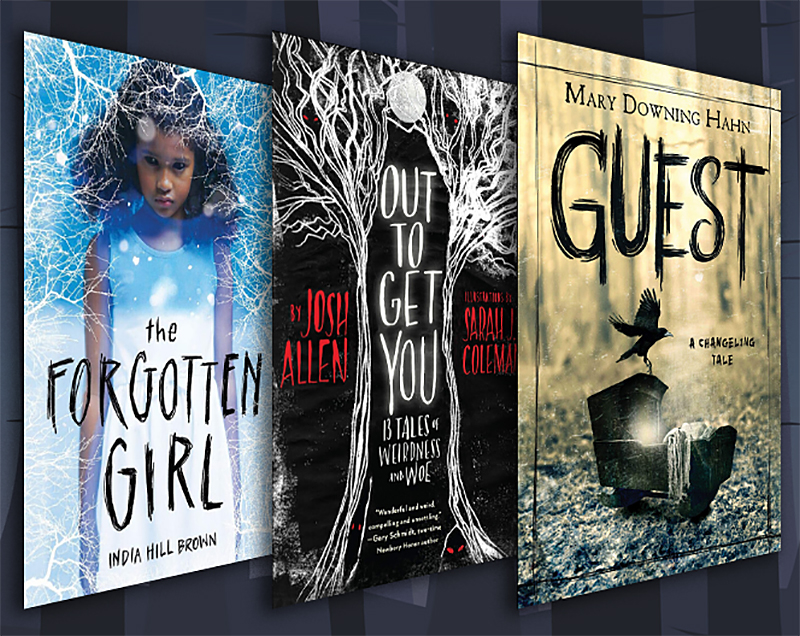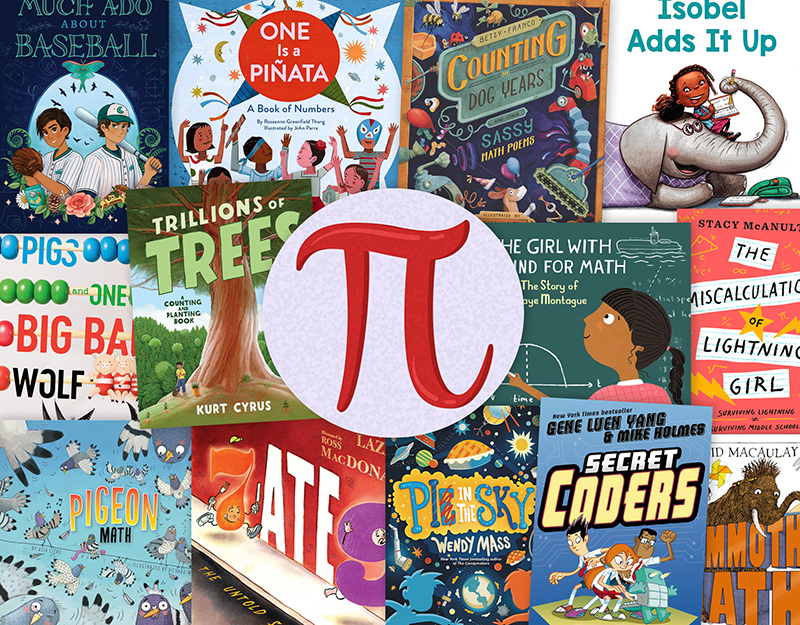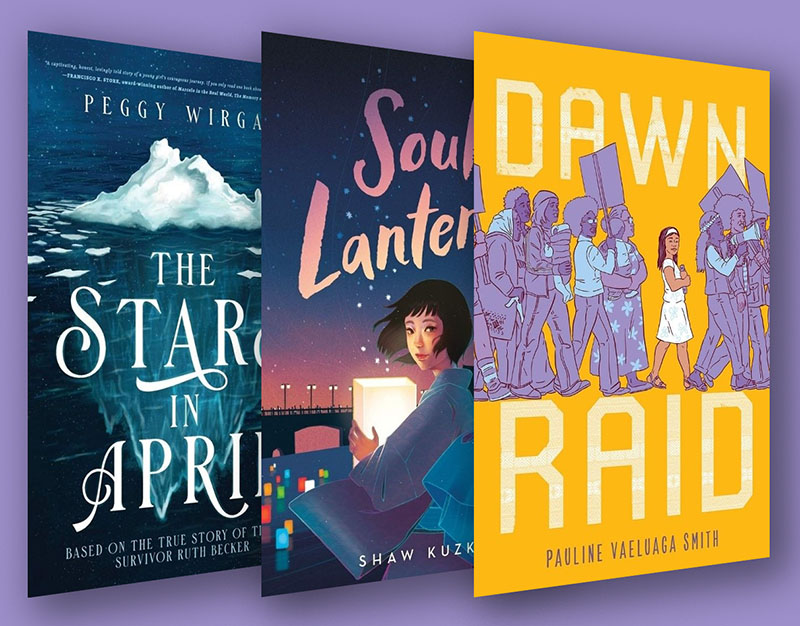Why Learning History Was So Much Easier in China, a guest post by Xiran Jay Zhao
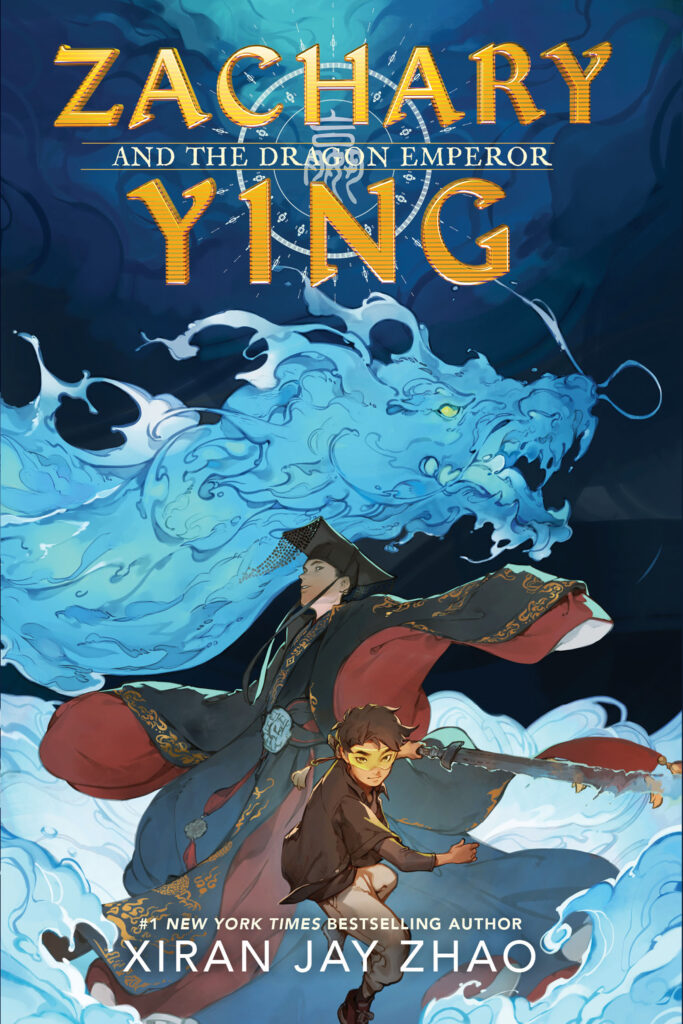
Ever since I started sharing stories from Chinese history online, many people have asked me “How do you know so much of this, Xiran? Are you a historian?”
I am not—my degree was in biochemistry. And the truth is that I don’t consider myself an expert of Chinese history, just a mildly knowledgeable enthusiast. My parents, who don’t even make active efforts to study history, know more than me just by virtue of having lived in China for many more years of their lives. So do all my other relatives, who are still in China. There, history is not considered a nerdy niche interest. It permeates much of everyday life. Many of our idioms refer to famous historical events. Think someone is doing a poor job of hiding their ill intentions? You could say “this is exactly like how even the passersby knew of Sima Zhao’s heart!”, referring to how Three-Kingdoms-era chancellor Sima Zhao was very clearly planning to usurp the throne. Think someone is setting a trap for you? You could say “this isn’t going to be like the Feast at Hong Gate, is it?”, referring to when Liu Bang and Xiang Yu, opposing leaders of the Chu-Han Contention, met in a banquet that was joyful on the surface but full of murderous tension underneath. Practically everyone who’s been through the Chinese school system can name many more of these stories from every major dynasty—there are thousands of years worth of them—and historical stories continue to be a subject of fascination for working adults. In the twelve years I’ve spent in China, I never once thought history was boring. Some of my favorite TV programs featured archeological excavations or history professors giving lectures. At school, we learnt historical anecdotes so dramatic and striking that they remain in our memories for life. This all makes me wonder why I never felt the same way about Western history after coming to Canada. It cannot be that Western history is fundamentally less interesting than Chinese history—my current obsession with the French Revolution easily disproves this—but perhaps something is missing in the way the West communicates its histories to younger generations.
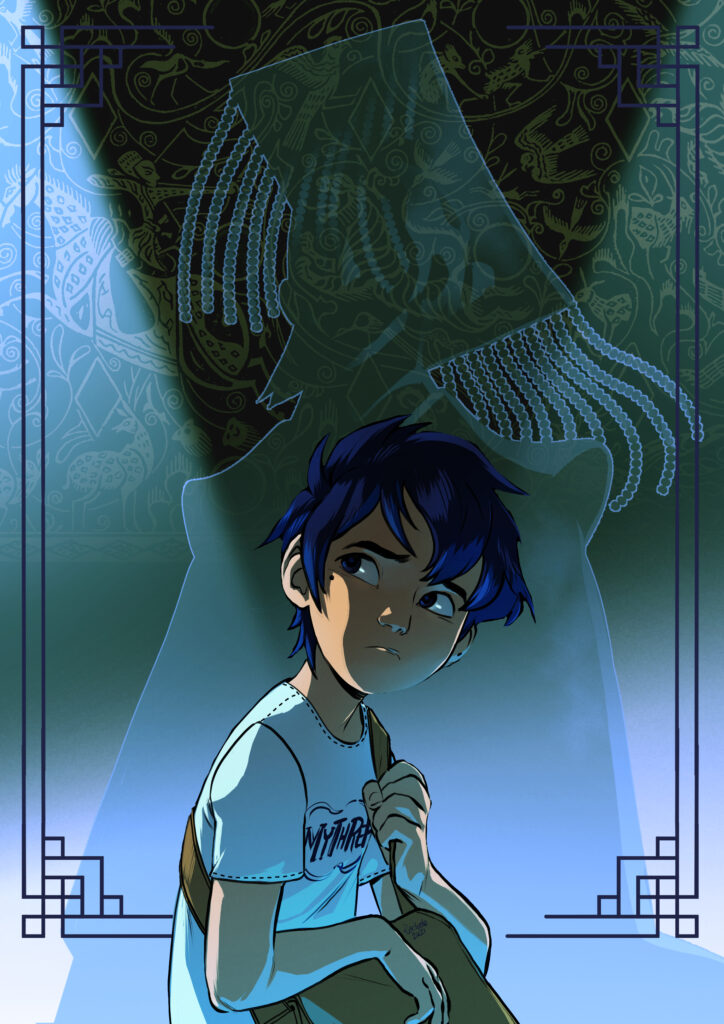
In China, there is a heavy emphasis on the “story” part of history. History was the number one muse of classical Chinese writers; they found profound inspiration in the interpersonal drama of historical figures and the various ironies and poeticisms of the decisions they made that changed the world. Historical fantasy dominates the Chinese literary tradition. Works like Romance of the Three Kingdoms, Journey to the West, Water Margin, and Investiture of the Gods are all dramatic retellings of historical events with a supernatural twist. In modern day, period dramas still dominate Chinese media so much that a replica of an ancient Chinese city is permanently occupied for filming purposes, with many actors living there full time to appear as historically-dressed extras in various period dramas. The concept of my debut novel Iron Widow, a sci-fi take on the rise of the only female emperor in Chinese history, baffled some readers, but I honestly believe it’s a natural extension of the Chinese literary and media traditions I grew up with. The popular Chinese video game Honor of Kings similarly adapted historical figures into its fantastical setting without even changing their names.
ADVERTISEMENT
ADVERTISEMENT
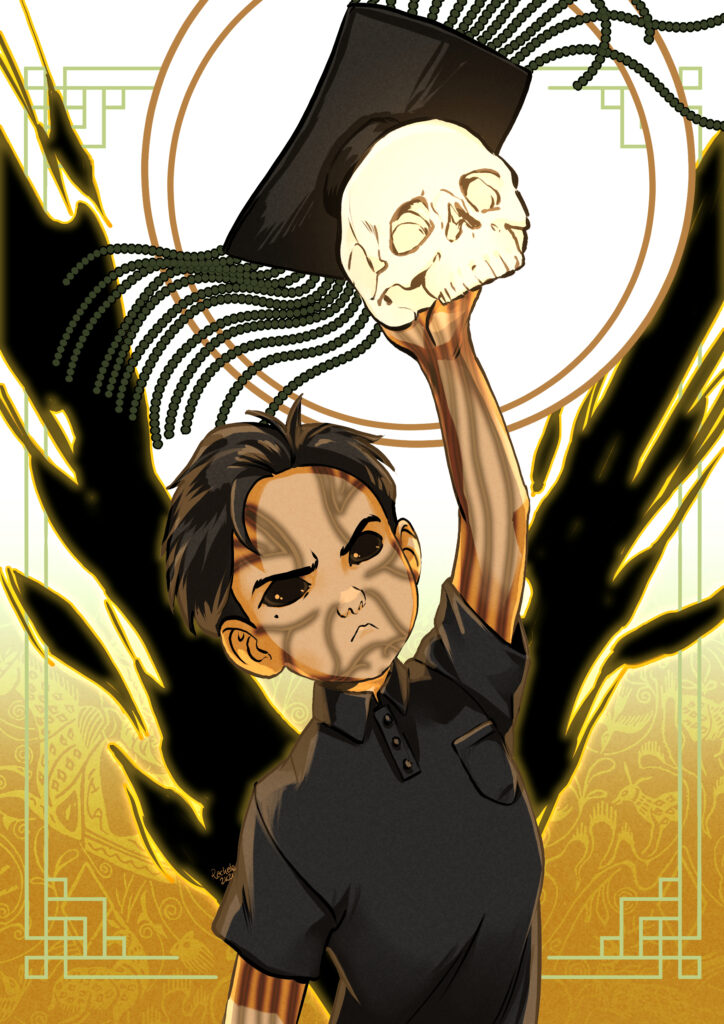
After Iron Widow, my second book is Zachary Ying and the Dragon Emperor, a pivot to middle grade. The two books may seem very different on the surface—a story of struggle against a bleak gender-based dystopia versus a near-future adventure where magic blends with video game technology—but the same historical inspiration runs through them. Zachary Ying in particular is about a boy struggling with his identity who finds empowerment in the stories of his heritage that he hears on his journey alongside famous ancient spirits. I owe a lot of my knowledge and fascination with history to the passion with which Chinese culture honors its past and the skills of storytellers in passing this heritage to new generations, and I hope to bring some of this passion to a young Western audience.
History is never as far from us as we tend to think it is. The state of our world can only be understood by understanding the people and events that led us here. Being ignorant of history is a dangerous thing, and I hope that more kids will see it as not a burden to learn, but a trove of endless captivating stories. History is never boring—it’s only a matter of how it’s conveyed.
Meet the author

Xiran Jay Zhao (they/them) is the #1 New York Times bestselling author of the Iron Widow series. A first-gen Hui Chinese immigrant from small-town China to Vancouver, Canada, they were raised by the internet and made the inexplicable decision to leave their biochem degree in the dust to write books and make educational content instead. You can find them on Twitter for memes, Instagram for cosplays and fancy outfits, TikTok for fun short videos, and YouTube for long videos about Chinese history and culture. Zachary Ying and the Dragon Emperor is their debut middle grade novel.
About Zachary Ying and the Dragon Emperor
Percy Jackson meets Tristan Strong in this hilarious, action-packed middle grade contemporary fantasy that follows a young boy as he journeys across China to seal the underworld shut and save the mortal realm.
Zachary Ying never had many opportunities to learn about his Chinese heritage. His single mom was busy enough making sure they got by, and his schools never taught anything except Western history and myths. So Zack is woefully unprepared when he discovers he was born to host the spirit of the First Emperor of China for a vital mission: sealing the leaking portal to the Chinese underworld before the upcoming Ghost Month blows it wide open.
The mission takes an immediate wrong turn when the First Emperor botches his attempt to possess Zack’s body and binds to Zack’s AR gaming headset instead, leading to a battle where Zack’s mom’s soul gets taken by demons. Now, with one of history’s most infamous tyrants yapping in his headset, Zack must journey across China to heist magical artifacts and defeat figures from history and myth, all while learning to wield the emperor’s incredible water dragon powers.
And if Zack can’t finish the mission in time, the spirits of the underworld will flood into the mortal realm, and he could lose his mom forever.
ISBN-13: 9781665900706
Publisher: Margaret K. McElderry Books
Publication date: 05/10/2022
Series: Zachary Ying
Age Range: 8 – 12 Years
Filed under: Guest Post
About Amanda MacGregor
Amanda MacGregor works in an elementary library, loves dogs, and can be found on Twitter @CiteSomething.
ADVERTISEMENT
ADVERTISEMENT
SLJ Blog Network
One Star Review, Guess Who? (#202)
Review of the Day: My Antarctica by G. Neri, ill. Corban Wilkin
Exclusive: Giant Magical Otters Invade New Hex Vet Graphic Novel | News
Parsing Religion in Public Schools
ADVERTISEMENT





